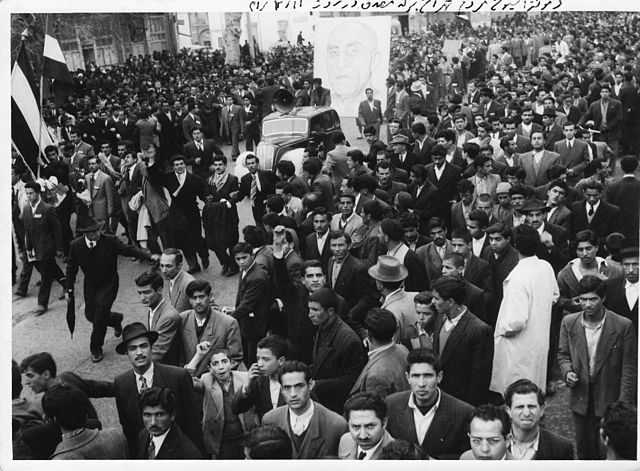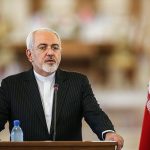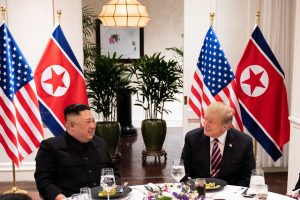by Steven Aftergood
The U.S. Department of State has blocked the publication of a long-awaited documentary history of U.S. covert action in Iran in the 1950s out of concern that its release could adversely affect ongoing negotiations over Iran’s nuclear program.
The controversial Iran history volume, part of the official Foreign Relations of the United States (FRUS) series, had been slated for release last summer. (“History of 1953 CIA Covert Action in Iran to be Published,” Secrecy News, April 16, 2014).
But senior State Department officials “decided to delay publication because of ongoing negotiations with Iran,” according to the minutes of a September 8, 2014 meeting of the Advisory Committee on Historical Diplomatic Documentation that were posted on the Department of State website this week.
Dr. Stephen P. Randolph, the Historian of the State Department, confirmed yesterday that the status of the Iran volume “remains as it was in September” and that no new publication date has been set. The subject was also discussed at an Advisory Committee meeting this week.
The suppression of this history has been a source of frustration for decades, at least since the Department published a notorious 1989 volume on U.S. policy towards Iran that made no mention of CIA covert action.
But the latest move is also an indirect affirmation of the enduring significance of the withheld records, which date back even further than the U.S. rupture with Cuba that is now on the mend.
It seems that the remaining U.S. records of the 1953 coup in Iran are not only of historical interest but they evidently hold the power to move whole countries and to alter the course of events today. Or so the State Department believes.
“The logic, as I understand it, is that the release of the volume could aggravate anti-U.S. sentiment in Iran and thereby diminish the prospects of the nuclear negotiations reaching a settlement,” said Prof. Richard H. Immerman, a historian at Temple University and the chair of the State Department Historical Advisory Committee.
“I understand the State Department’s caution, but I don’t agree with the position,” he said. “Not only is the 1953 covert action in Iran an open secret, but it was also a motive for taking hostages in 1979. The longer the U.S. withholds the volume, the longer the issue will fester.”
Besides, if the documents do have an occult power to shape events, maybe that power could be harnessed to constructive ends.
“I would argue that our government’s commitment to transparency as signaled by the release of this volume could have a transformative effect on the negotiations, and that effect would increase the likelihood of a settlement,” Prof. Immerman suggested.
“At least some in the Iranian government would applaud this openness and seek to reciprocate. Further, the State Department of 2014 would distinguish this administration from the ‘Great Satan’ image of 1953 and after,” he said.
Continued secrecy has become an unnecessary obstacle to the development of US-Iran relations, argued historian Roham Alvandi in a similar vein in a New York Times op-ed (“Open the Files on the Iran Coup,” July 9, 2014).
“Moving forward with a new chapter in American-Iranian relations is difficult so long as the files on 1953 remain secret,” he wrote. “A stubborn refusal to release them keeps the trauma of 1953 alive in the Iranian public consciousness.”
*The State Department published a new Foreign Relations of the United States volume today on the Arab-Israeli Dispute, 1978-80. It is the ninth FRUS volume of the year, and it came out “a little ahead of schedule,” said Dr. Randolph, the Department Historian.
Photo: A 1952 demonstration in support of Mohammad Mosaddegh, the democratically elected prime minister of Iran from 1951 until 1953, when his government was overthrown in a coup d’état orchestrated by the British MI6 and the American CIA.
This article was first published by the Federation of American Scientists (FAS) and was republished here with permission. Copyright FAS.






Why not go further in “moving forward with a new chapter in American-Iranian relations” and release the history of recent covert CIA activities in Iran concerning STUXNET, assassinating scientists, supporting Balochi terrorists, and Kurd terrorists, and MEK terrorists, etc.
Naah, I guess the US State Department, “Diplomacy In Action,” wouldn’t do that, either. The media image has been created that Persians are bad, and Americans good, and that’s what State wants to promote. State calls it “public diplomacy,” we call it propaganda.
If the U.S.Government wasn’t riddled with Neocon’s already, especially those promoting failure, which seems quite real, then there would be no need to withhold this documentary. This plays into the hands of those who declare the U.S. can’t be trusted. There’s only one country that benefits from the U.S. retaining the image of the “Great Satan” and we all know who the Neocon’s root for, that being Israel. It’s time the U.S. Government starts cleaning up its own act, clean house, get on with the business of returning the prestige that has been wasted and lost, over the domination of the free world.
When is our country going to cut our chains by the Israeli lobby.